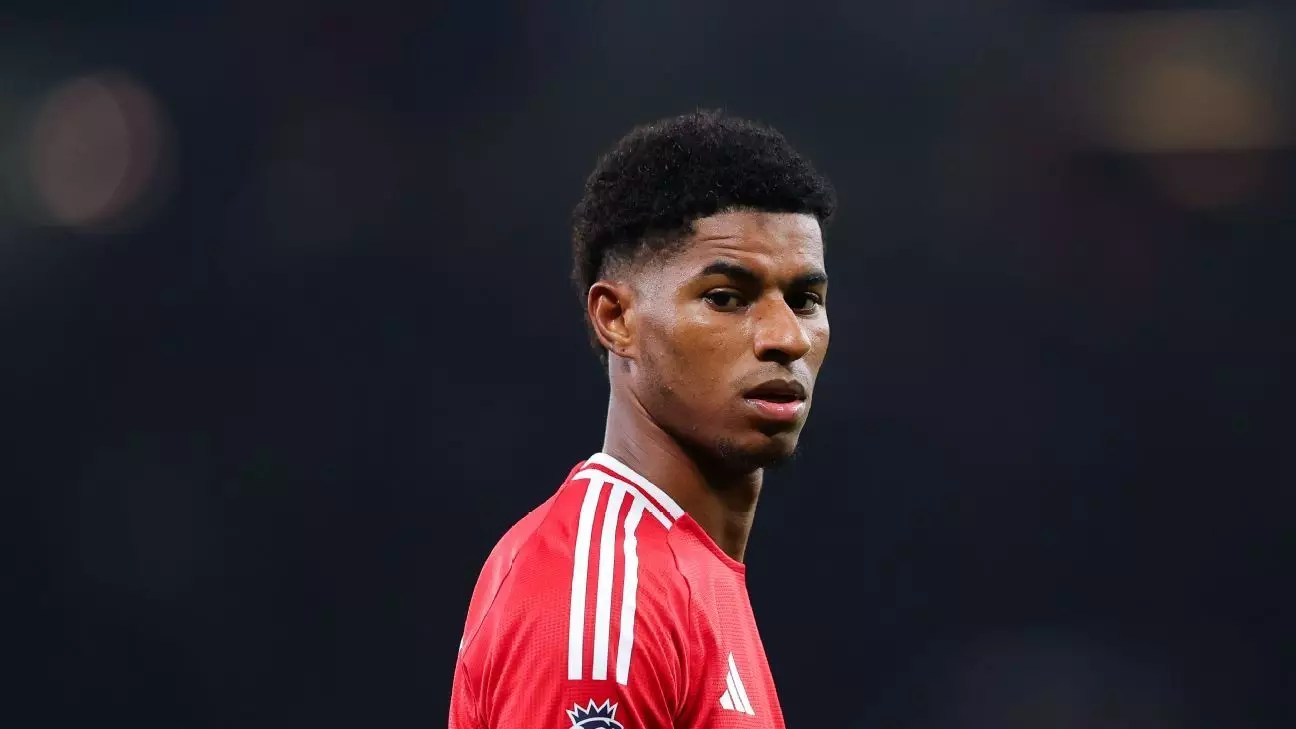Marcus Rashford’s transition from Manchester United to Barcelona marks a pivotal moment not just for the player, but for his entire professional trajectory. Once regarded as one of England’s brightest attacking talents, Rashford’s recent years at United have been marred by inconsistency and doubts about his ability to fulfill his immense potential. His move to the Catalan giants signals not just a change of scenery but a renewed chance to reinvent himself amidst a fresh competitive environment. It’s a leap driven by desire, ambition, and a conscious recognition that stagnation isn’t an option if he wishes to reclaim his former radiance.
This transfer is more than a simple loan; it’s a strategic attempt to reignite Rashford’s confidence and effectiveness after a period of frustration. At 27, he’s not yet past his prime but stands at a crossroads that makes this cross-continental switch crucial. Barcelona’s reputation as a club that fosters talent and revival could serve as the perfect catalyst for Rashford’s resurgence. The move underscores a broader truth: sometimes, a player’s true potential is unlocked not in familiar surroundings but in the crucible of challenge and change.
The Calculated Risks and Promising Benefits
Barcelona’s pursuit of Rashford underscores their aggressive vision for building a dynamic and unpredictable attack. The club’s interest, rooted in a strategic desire to add a prolific winger, reflects their recognition of Rashford’s raw ability when at his best. The deal, with an option for a permanent transfer next summer at around €30 million, presents a financially tempting proposition even amid their recent financial constraints. This kind of arrangement offers flexibility for both parties: Barcelona can evaluate his integration and impact, while Rashford can showcase his talents on a bigger stage.
From the player’s perspective, the decision to accept a loan with a significant salary cut demonstrates his determination to turn things around. It’s a testament to his ambition that he’s willing to make personal sacrifices for a shot at redemption. The move also addresses a need within Barcelona’s roster, offering a fresh attacking option that could diversify their offensive approach. Yet, it’s not without risks; adapting to a new league, tactical system, and cultural environment could pose initial hurdles.
Underlying Motivations and Future Implications
Rashford’s internal drive to make this move clearer than ever. Having faced a challenging period at United, including limited first-team opportunities and a stint away at Aston Villa, he’s seeking a reinvigoration of his career. His desire to join Barcelona, a club renowned for nurturing talent and executing attacking football, reveals his understanding that the next big step requires change and courage.
More profoundly, this move can serve as a catalyst for Rashford’s development, pushing him to elevate his game in ways that he hasn’t fully explored within the familiar confines of Manchester United. With a lineup that already boasts stars like Robert Lewandowski, Raphinha, and Dani Olmo, Rashford will be challenged to adapt, learn, and ultimately flourish. Such an environment demands resilience and adaptability—traits Rashford must harness to revive his form.
This transfer also symbolizes the evolving nature of player careers in global football—where ambition often outweighs comfort, and where a bold move can redefine legacy. The coming months will reveal whether Rashford’s gamble pays off, but what’s undeniable is his readiness to embrace change and pursue greatness on a grander stage. Barcelona’s eyes have always been on signing rising or proven stars, and in Rashford, they see a player capable of both immediate impact and long-term transformation. If he manages to adapt and excel, this marriage could indeed be a defining chapter—not just for his career but for the identity of a club eager to reclaim its attacking dominance.


Leave a Reply